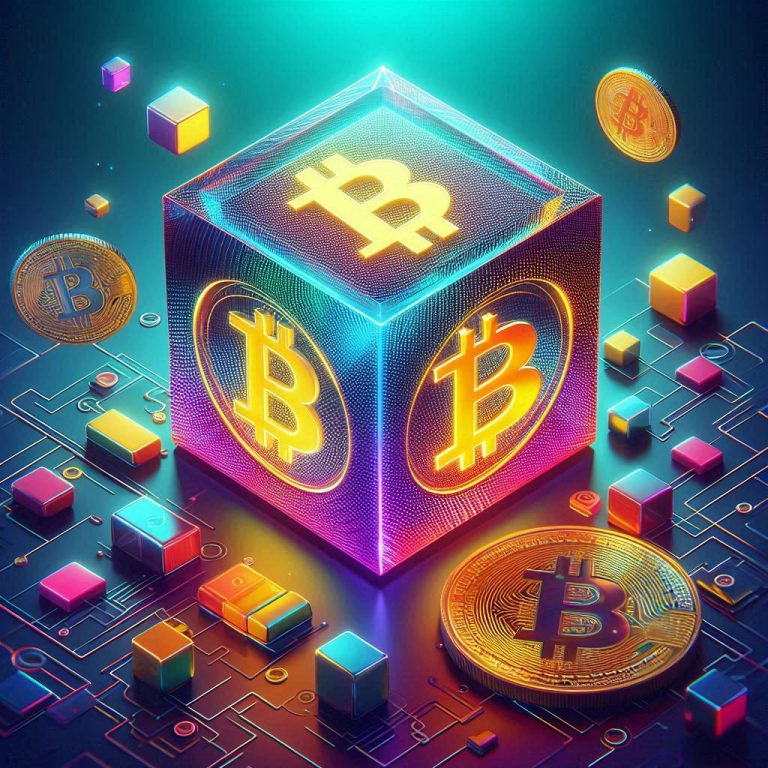What is Block Reward?
Block Reward: Cryptocurrency given to miners for successfully adding a new block to the blockchain, supporting network security.
The term “block reward” refers to the incentive given to miners for successfully validating a new block of transactions and adding it to the blockchain. This process is essential for the operation and security of decentralized networks, as the block reward motivates miners to participate and facilitates the creation of new tokens.
Block rewards are a core feature in many cryptocurrencies, especially Bitcoin, where they have been instrumental in the network’s growth and security. When a miner solves a complex mathematical problem—known as proof-of-work—they are allowed to add a new block to the blockchain. As compensation for this effort, the miner receives a fixed number of newly minted cryptocurrency tokens. In addition to the block reward, miners also earn transaction fees from users whose transactions are included in the new block.
The size of the block reward differs across cryptocurrencies and can change over time. For example, in the Bitcoin network, the block reward is halved approximately every four years, reducing the number of new Bitcoins awarded to miners. This “halving” event has significant implications for the network’s economy, affecting its inflation rate and the profitability of mining. On the other hand, some networks, like Ethereum, are transitioning to proof-of-stake, which uses a different reward structure.
Beyond incentivizing miners, the block reward plays an important role in securing the network. By rewarding miners, the system encourages a broader and more decentralized participation in mining. A more decentralized network increases the security of the blockchain, making it harder for malicious actors to alter transaction history or engage in double-spending.
While the block reward system has its benefits, it also faces criticism. One major concern is the environmental impact of proof-of-work mining, which consumes significant amounts of energy. Additionally, as block rewards continue to halve, there are concerns that transaction fees may not be enough to sustain miner incentives, raising questions about the long-term security and stability of the network.
Share this post


